News - Advertising
A view from Cairo: on Egypt’s advertising scene
by Iain Akerman
September 19, 2022
.jpg) Advertisement
AdvertisementEgypt needs no real introduction when it comes to the world of advertising. Home to one of the Middle East’s largest advertising markets, a sizeable chunk of its best creative talent and the biggest single population base, the country is no pretender when it comes to regional clout. Which is why its trends are significant.
Over the course of the past few years a handful of such trends have emerged. The first relates to production houses. “Production companies are all living well and each has their work, but what’s happening a lot more now is agencies are sometimes turning into production companies,” says the director Omar Hilal. “Small agencies have become one-stop shops for creativity and production, and production budgets in general have shrunk.” This in turn feeds into another noticeable movement within the market.
Independent agencies have been winning many of the prized accounts, pushing multinationals to the sidelines and strengthening the reputation of creative boutiques. The reasons why this might be the case have been heard before but should not detract from the importance of this cultural shift. Independent agencies have a set of key words they like to roll out when questioned about their worth. They are ‘nimbler’, ‘faster’ and ‘smarter’ and dedicate more time to their clients. They are also, believes Akram Negm, the co-founder and creative director of Storytellers, home to the most promising and exceptional talent.
“The key is quality,” says Mohamed Wasfy, managing director of Bubblegum. “The amount of attention you give to your client. A few years back clients used to come to us running away from prices, but now it’s not the case. Independents are not the cheaper option anymore; they now come running seeking more attention. So if you have the right recipe and add to it the flexibility and subtract the multinational complications and ego you have a winning formula.”
“I’d say we do things right,” adds Wasfy. “How they should be done. We are in the communication business not the entertainment one. Strategic thinking and marketing knowledge is key, you have to know your client and their product, you have to deal with their problems as cases and offer solutions. So what makes us special is that we offer creative, entertaining, clutter breaking, memorable business solutions.”
“A few years back clients used to come to us running away from prices, but now it’s not the case. Independents are not the cheaper option anymore.”-- Mohamed Wasfy, managing director of Bubblegum
One man who knows a thing or two about independents is the director Ali Ali. With Maged Nassar he was the co-founder of Elephant, arguably the most successful creative boutique of the past 12 years, and went on to co-found the production house Good People in 2016. The latter has been consistently crowned the region’s best production company and joined forces with Kijamii in 2019 to form GP&K. Ali and Nassar have also resurrected Elephant, which now sits alongside Kijamii and Good People within GP&K.
“Many small agencies such as Kairo, Circus and Elephant are snatching the big briefs from multinationals, which are in quite bad shape compared with say a decade ago,” says Ali, who is having his best year to date. Thanks to VMLY&R Milan’s Rockin’ Mamas, he picked up two Yellow Pencils at D&AD in London, one of which was for film, the other for photography. Good People also picked up a gold at Cannes for Publicis Italy and Le Pub’s ‘The Night is Young’ for Heineken. It is the wins at D&AD, however, that help to prove that both Ali and Good People are global entities now, not just Egyptian.
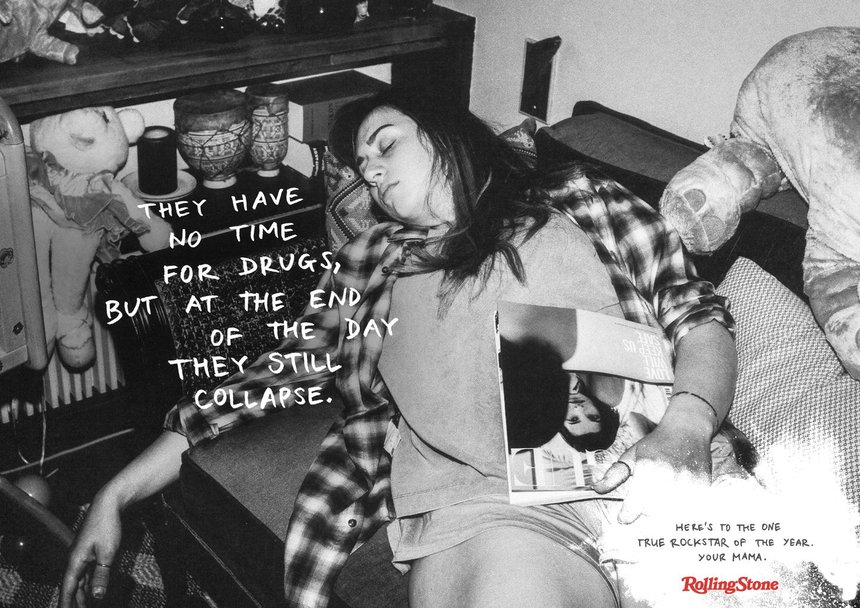
“I won my first Yellow Pencil for direction in 2015 with du Telecom,” says Ali. “Back then I was thinking this is surely a once-in-a-lifetime thing. On average, only one or two Yellow Pencils are awarded in direction per year and they are surely the most cherished prize for any advertising director. Far more than a Cannes Lion. The Yellow Pencil in direction this year came as a complete surprise. And had a pretty emotional meaning for me. I’ve been doing this – directing TV commercials – for over 12 years now, and a Yellow Pencil in direction at this stage of my career kind of says, ‘hey, you can still do this’, just as one was beginning to think otherwise. So yes, it is a very meaningful win for me.”
“I think with the exception of television and film coming out of Egypt, our work as a region still has a long way to go.”—Ali Ali, director and co-founder of Good People
The success of a few, however, obscures another reality – the mediocrity of the vast majority of the industry’s advertising. The country remains addicted to music videos and songs, with rap in particular a hit with clients. It’s one of the reasons why it can be argued that the Egyptian advertising industry is failing to live up to its reputation, with swathes of the industry’s output reduced to cookie-cutter executions that lack character, humour or originality. Why?
Client trepidation is a significant limiting factor. Negm quite rightly points out that the majority of Good People’s recent award-winning work has been for international clients, not for Egyptian. Although Ali himself has previously stated that Egyptian clients are some of the most accommodating and creative he’s ever worked with, that’s not necessarily the experience of others. One of the reasons why Egypt is not holding its own on the global stage (in terms of awards), says Sherif Ghaith, a senior producer at FP7 McCann Cairo, is because clients are willing to embrace concepts that are trending but do not “want to take risks with new ideas”.
“In Egypt, we are still conservative,” adds Negm. “The room is getting smaller and it’s harder to create work that is outside of the box. Abroad it’s easy to do whatever you want but [here] every year the government stops a lot of campaigns on TV because they believe the words are not appropriate.”
Back in 2014, Negm and Hashem Elsokkary, the co-founder of Storytellers, were part of a DDB team that created a campaign for Virecta, a medication used to treat erectile dysfunction. The ad was bold, says Negm. “Would this campaign be on air nowadays? One hundred percent no.”
During Ramadan, the Egyptian dairy company Greenland was forced to pull a commercial for its spreadable cheese after complaints were made. According to Negm, the way in which a Chinese manager spoke to his Egyptian workers in the TV spot was deemed to be offensive. “It was a funny ad, it was comedy, it was not humiliating to Egyptian workers,” insists Negm, who co-wrote and co-directed the ad with Elsokkary. Nevertheless, that particular spot was removed from air.
“In Egypt, we are still conservative. The room is getting smaller and it’s harder to create work that is outside of the box.”-- Akram Negm, co-founder and creative director of Storytellers Cairo
The Supreme Council for Media Regulation also banned a commercial for the underwear company Dice after it contradicted the “morals and ethics of Egyptian society”. Created by Blue Advertising with Good People on production duties, the ad features a nurse asking a patient to take off his shoes, only for her to see they are torn. She then asks him to remove his shirt, but his vest is also ripped, leading her to wonder whether the same is true of his boxer shorts. The removal of such ads can be highly frustrating for both agencies and clients.
It’s not all bad, of course. One of the highlights of the year so far has been “Badya Stories”. A collaboration between FP7 McCann Cairo and Good People, the series of short films ran throughout Ramadan and consisted of 12 ‘new beginnings’ (all tagged as episode one). Each spot featured a chance meeting between Nada (played by newcomer Nada Abadir) and Hashem (played by Ahmed Malek) at a different location within Palm Hills Developments’ Badya. Directed by Ali and co-written by his sister Nancy Ali, Karim Ramadan and Hagar Solamy, the series ended with an additional ‘episode two’ that held up the tantalising possibility of a relationship developing between Nada and Hashem.
Only two episodes were ready to air at the beginning of Ramadan, with FP7 McCann prioritising Watch It, a video-on-demand service, and YouTube. “The most difficult part was actually the most rewarding part; we were shooting throughout Ramadan and releasing an episode every other day,” says Sally Ezzat, a business lead at FP7 McCann Cairo. “So we were able to see how audiences were receiving each episode as we were prepping for the next few.” By creating a drama series that is not sequential, and by taking an alternative Ramadan route, the team behind “Badya Stories” were not only able to “change the category norm”, but to get people talking about the campaign, adds Ezzat.
Why is work like this so rare? And how should the industry change for more agencies to be recognised on a global level?
“I’m afraid that’s a tough one,” replies Ali, speaking more widely of the Middle East as well. “I think with the exception of television and film coming out of Egypt, our work as a region still has a long way to go. Digital is still in the Stone Age and has not really been cracked. I am yet to see great digital ideas coming from the region. And when you do, it’s almost always a ghost ad – adspeak for ‘produced for award purposes only’. We have a problem with originality. If you look long enough, most ideas are a knock-off (in one way or another) of something you’ve seen before. The industry needs to start looking inwards and not at other work. The new generation of creatives need to genuinely believe that as a region we are capable of original work, and original ideas.”
This requires exceptional talent, which even the best agencies struggle to find. This will no doubt continue to be a problem for as long as Egypt’s best and brightest seek opportunities elsewhere. “I believe that our potential is as limited as our dreams,” says Wasfy. “What we did these past few years proves it. We came a long way in a very short time (a statement usually said by both friends and competitors). But I also believe that we can only progress through people – gather the right team, give them the right guidance, feed them the culture and they will take you places.”
Those places include the wider region, with all of the independent agencies featured in this article looking to expand into different markets. Bubblegum is “expanding regionally and across sectors as well”. It is also getting its “digital arm ready and opening branches in a couple of countries – some on our own and others through partnerships”. GP&K is about to launch an office in Saudi Arabia and Storytellers is looking towards the Gulf, too. “In a few years we want to be a regional agency, not just a local one,” says Negm. “We’re looking forward to having an office in Dubai and Saudi Arabia. This is our number one plan – to go to the region and to win more global brands.”


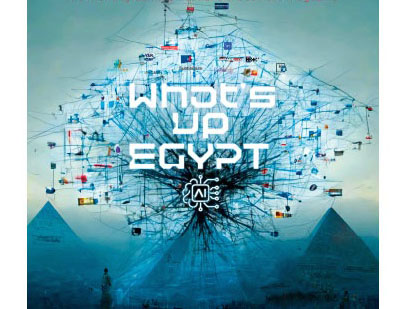
.jpg)
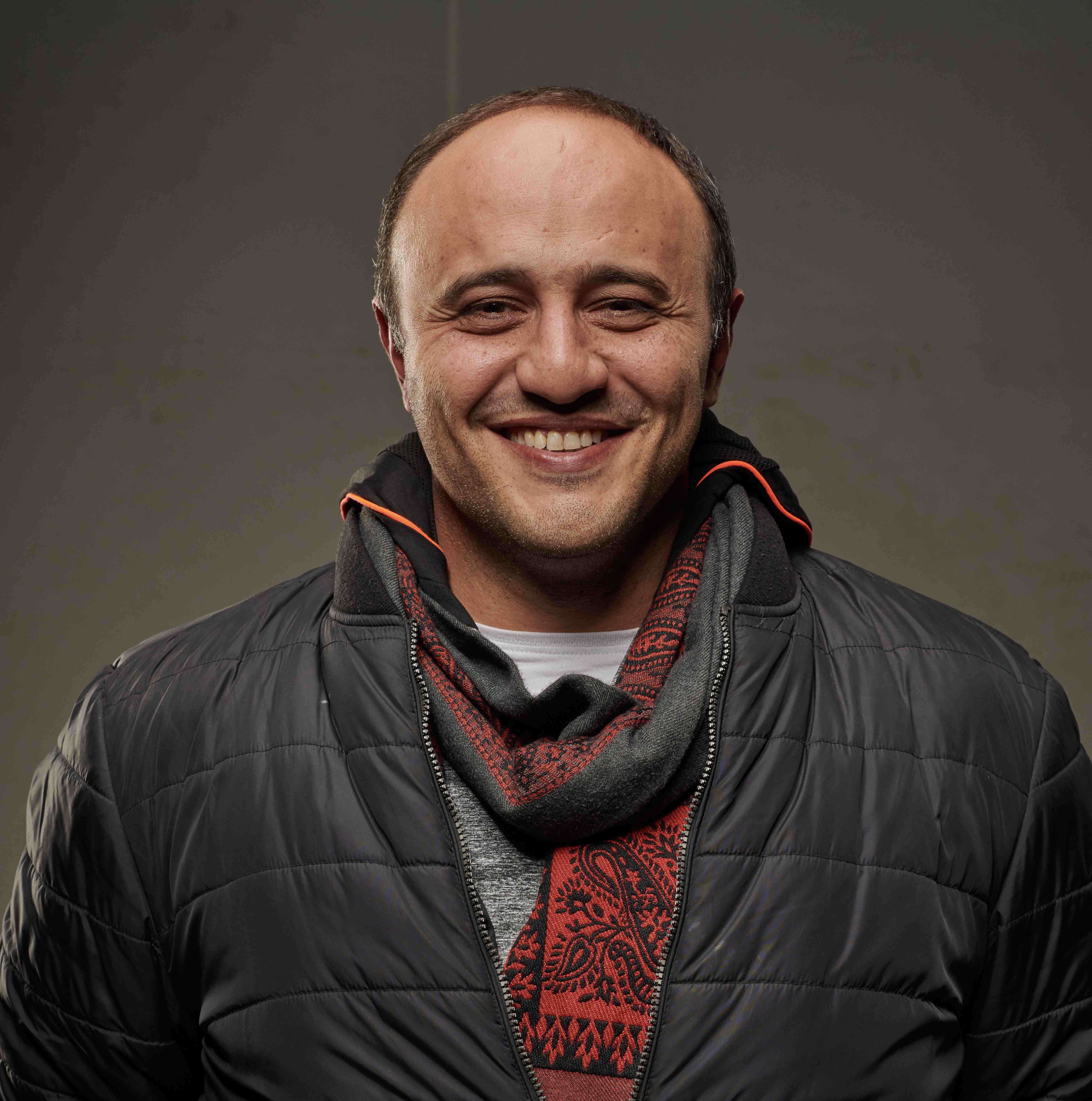
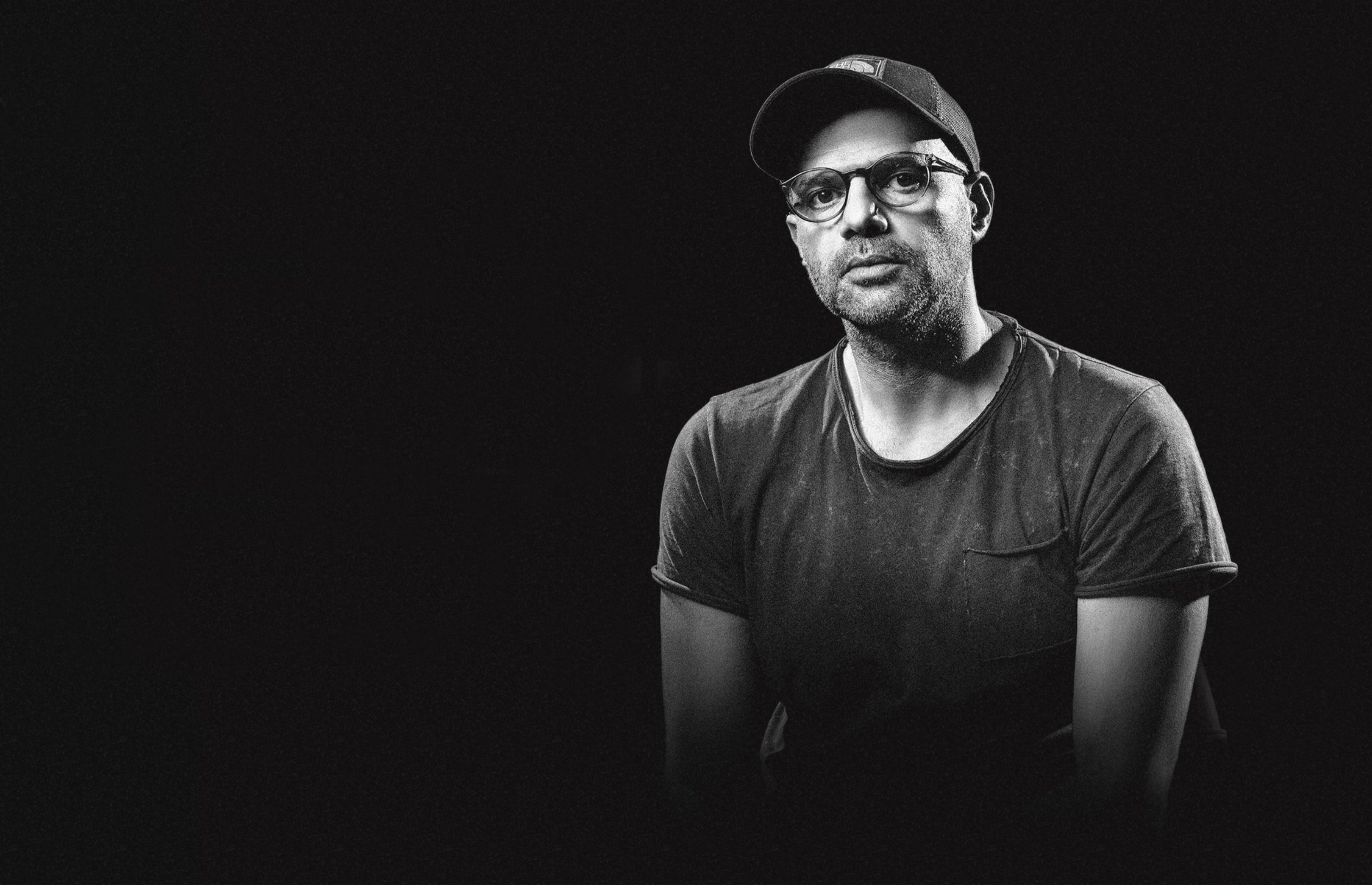
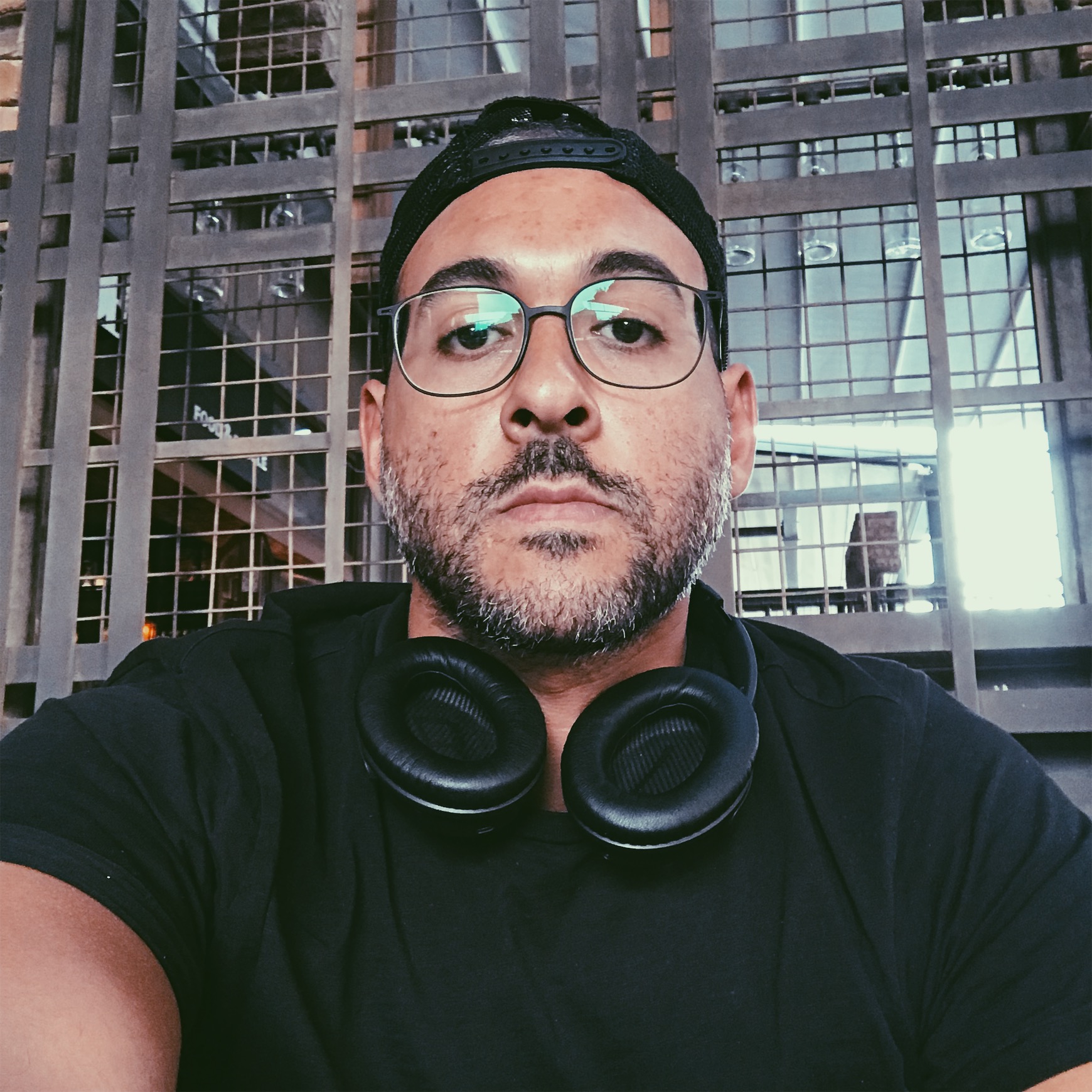
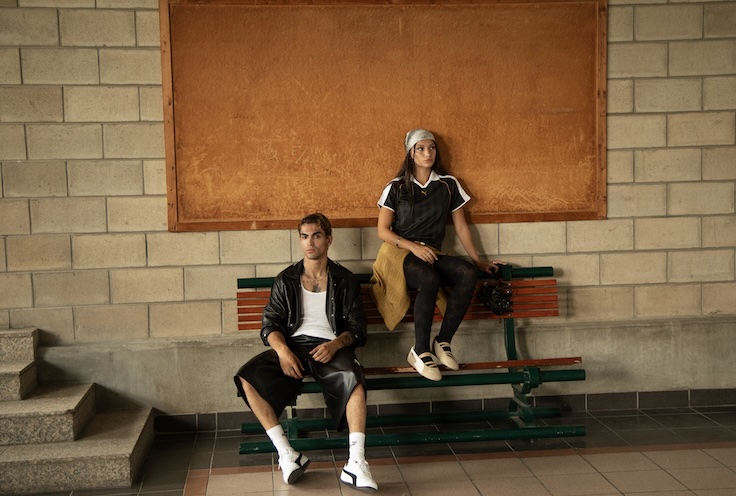

.jpg)




